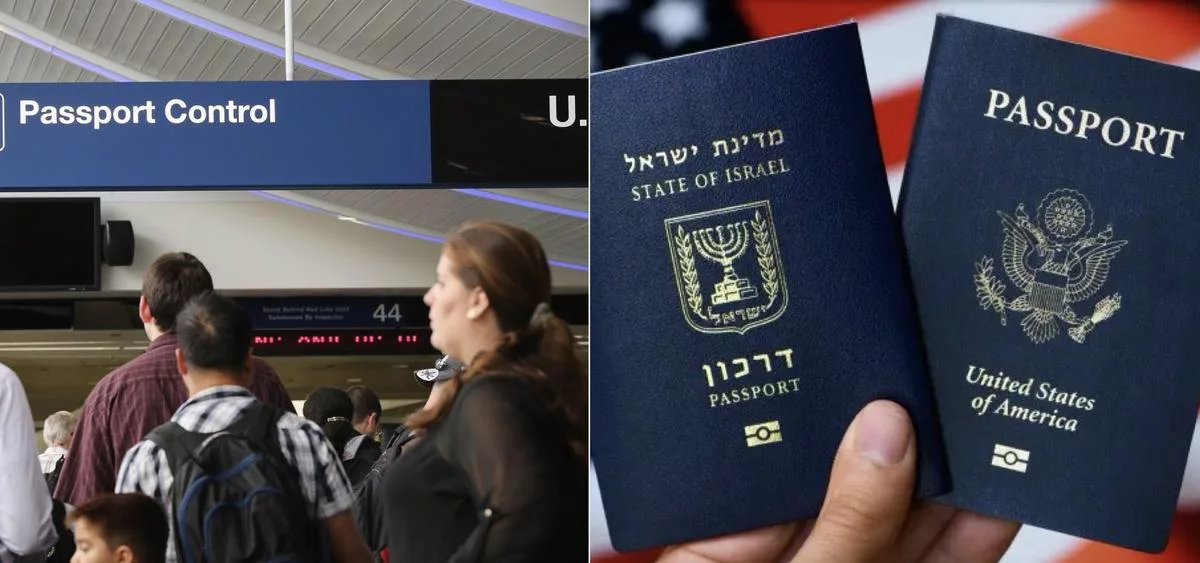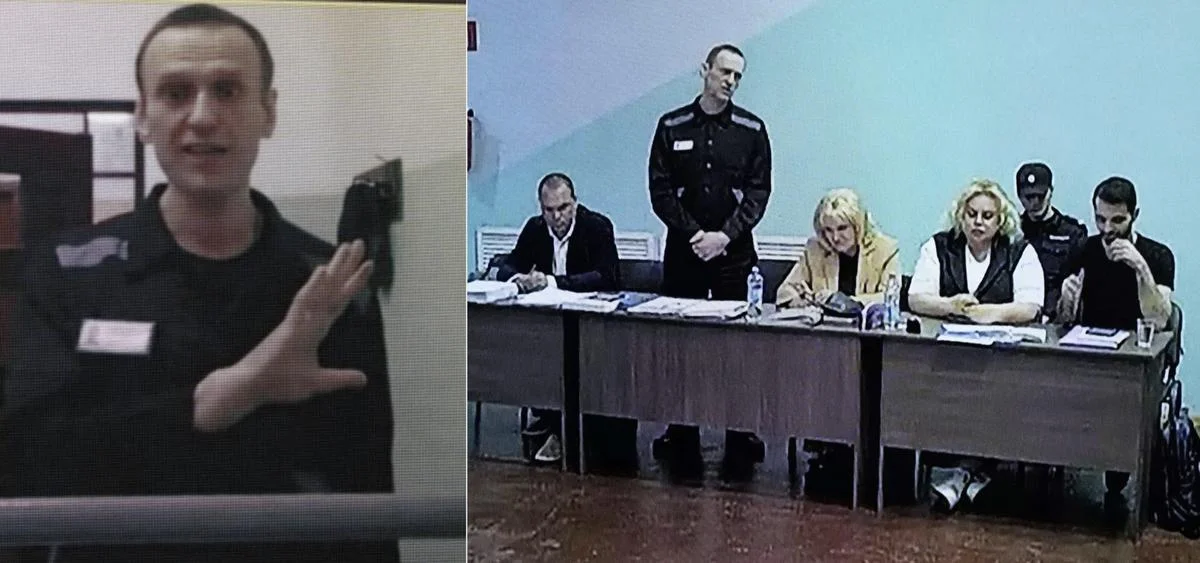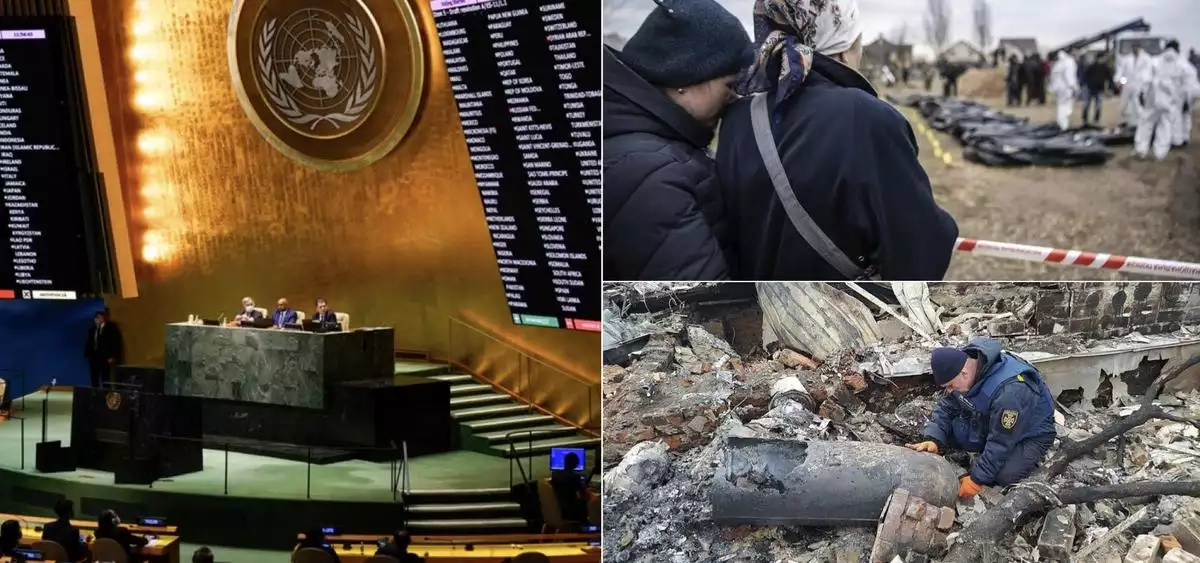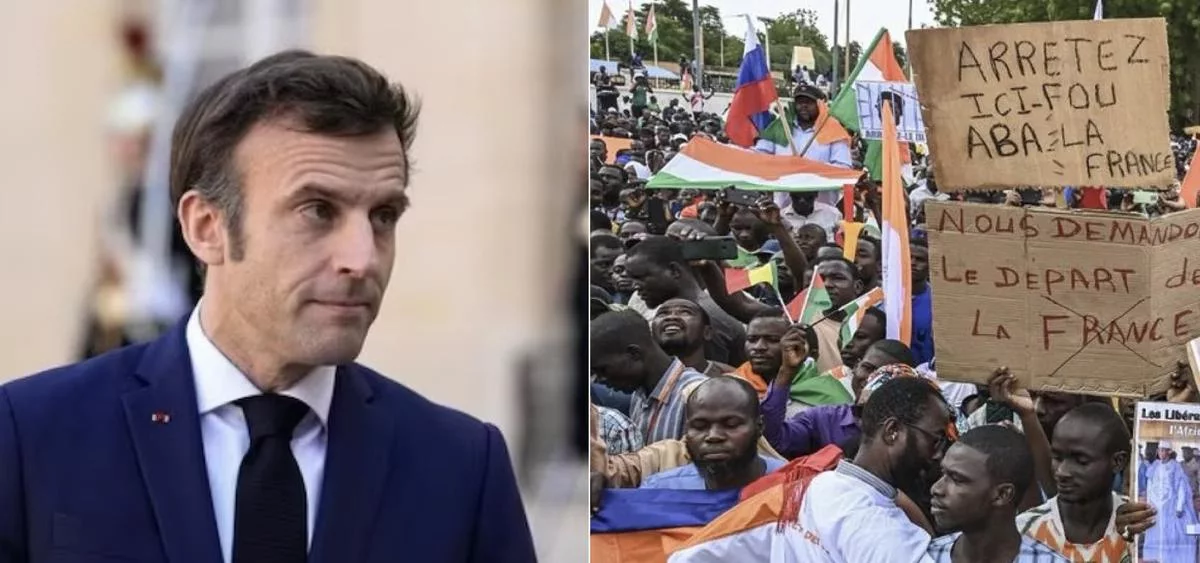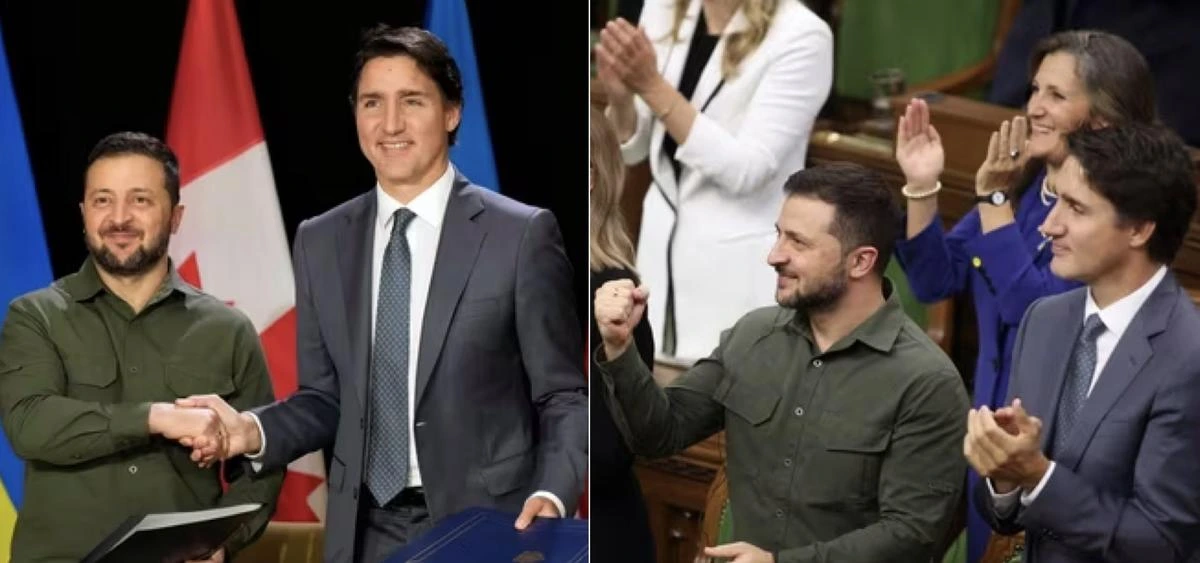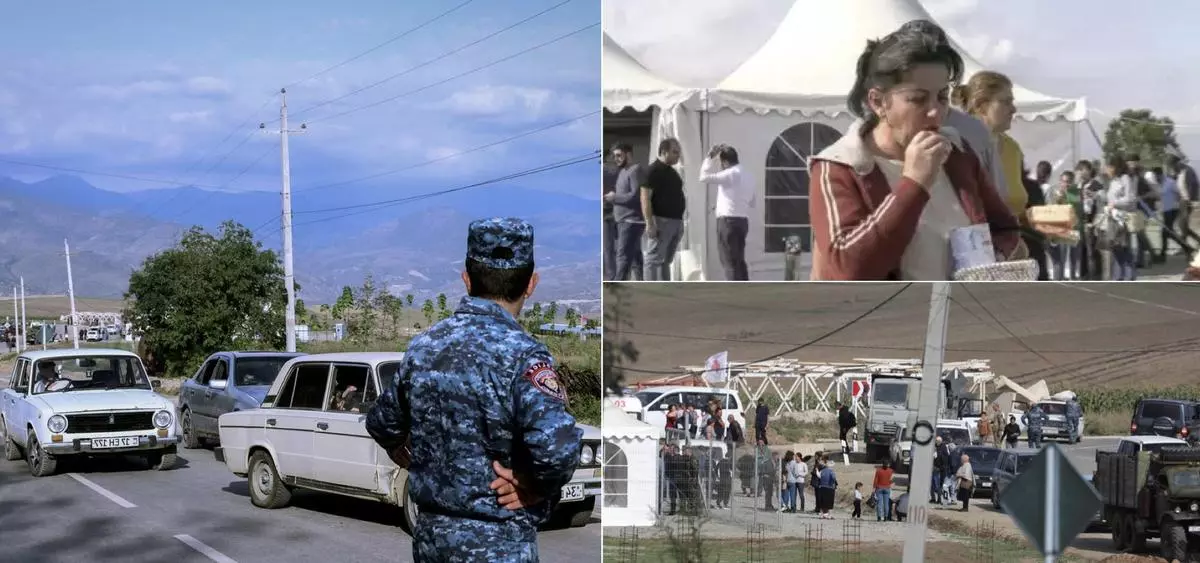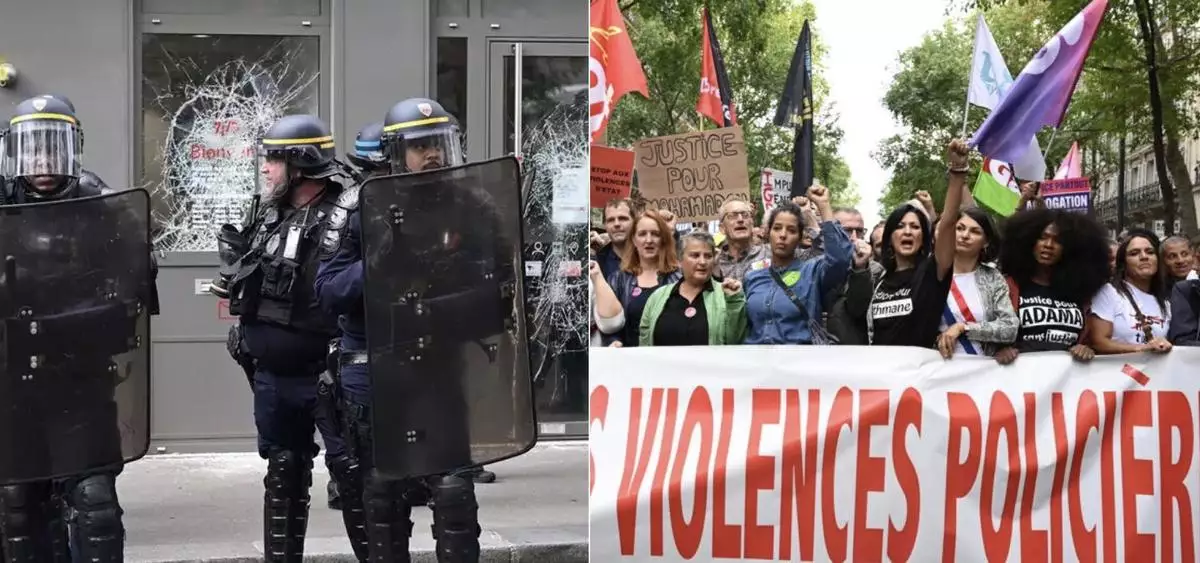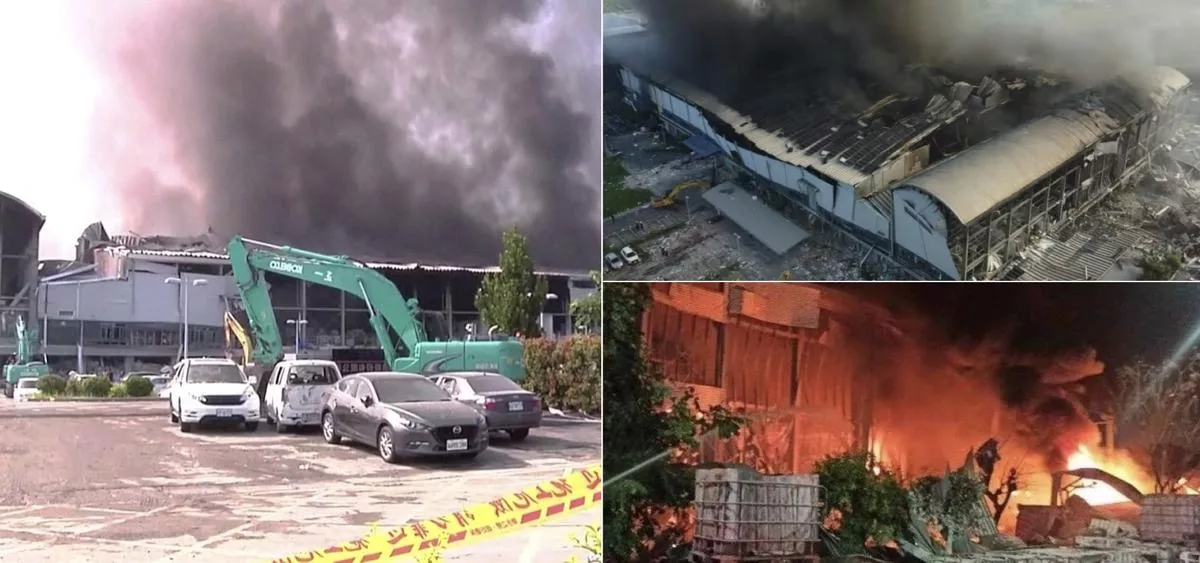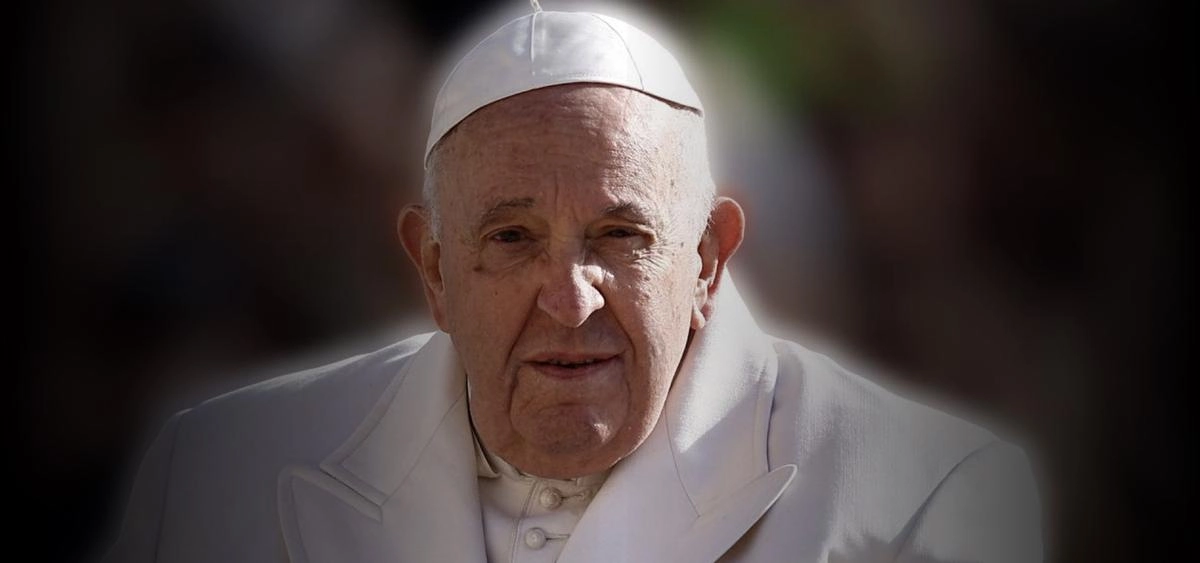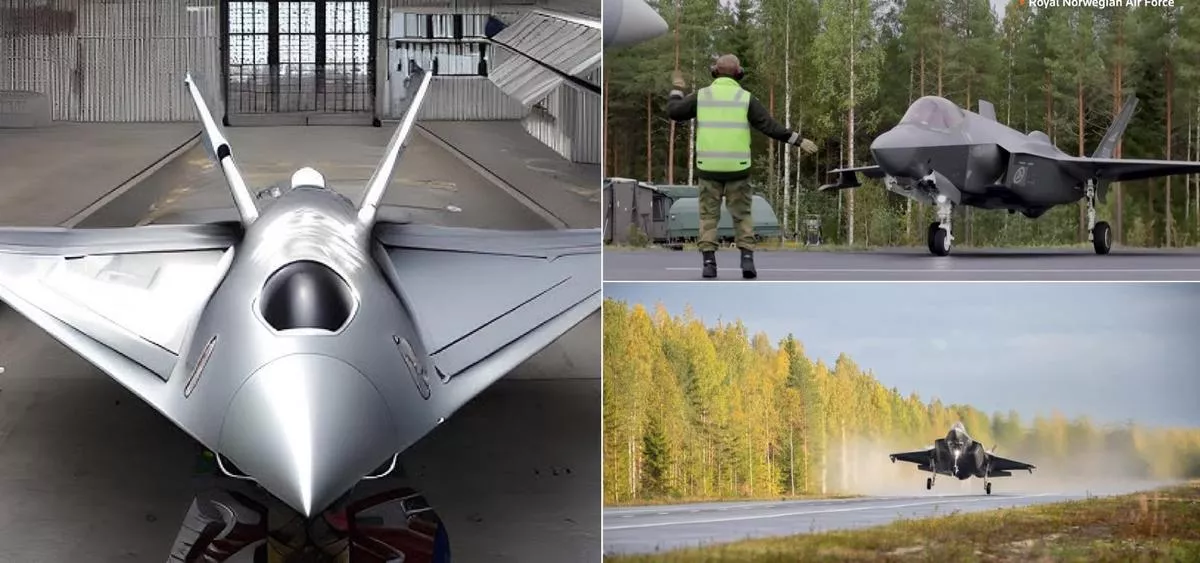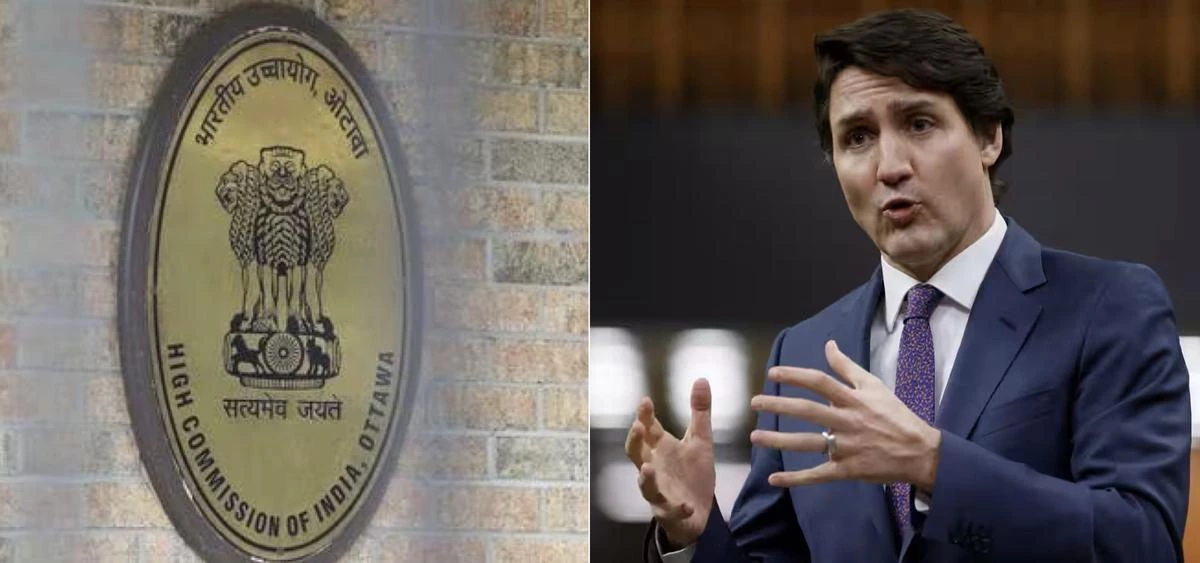Saudi envoy Nayef al-Sudairi delays Al Aqsa visit due to Palestinian criticism, sparking questions on Israel-Saudi relationship and regional dynamics
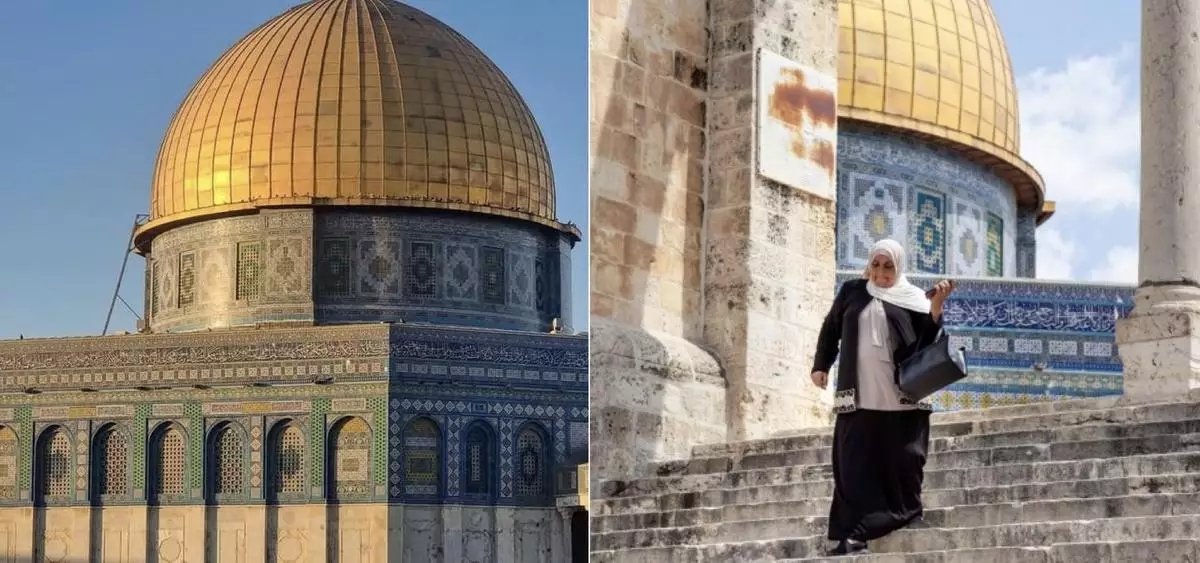
Credit: Google | Nayef al-Sudairi | Saudi Ambassador Postpones Al Aqsa Visit Amidst Regional Tensions
In a significant diplomatic development, Nayef al-Sudairi, the newly appointed Saudi ambassador to the Palestinians, postponed his planned visit to the Al Aqsa Mosque on Jerusalem’s Temple Mount during his visit to the West Bank. This move comes amidst growing criticism on social media and within Palestinian circles, where some interpreted the visit as endorsing Israeli control over East Jerusalem.
The visit, initially scheduled for Wednesday, was seen as a historic event, as it would have marked the first official visit by a Saudi delegation to Al-Aqsa since Israel’s capture of the Old City and East Jerusalem in the 1967 Six-Day War. While the Saudis aimed to keep the visit low-profile to avoid Israeli interference and Palestinian protests, it triggered strong reactions on social media, with many Palestinians viewing it as a normalization gesture towards Israel.
#BREAKING 🇸🇦🇵🇸 🕌
— Today On Globe (@TodayOnGlobe) September 27, 2023
Saudi Ambassador Nayef al-Sudairi postpones his visit to the Al-Aqsa Mosque for now, but pledges to make a meaningful visit in the future.#DiplomaticPromise #AlAqsaMosque#Palestine #tognews #todayonglobenews #todayonglobe pic.twitter.com/dgVcpsXDYP pic.twitter.com/zLvbCw9ql4
The decision to postpone the visit came after Sudairi and his delegation acknowledged the sensitivity of the matter and the criticism surrounding it. The postponement was not officially confirmed by Palestinian or Saudi sources, but it highlights the delicate nature of regional politics and the complexities of Saudi-Israeli relations.
This development is situated within the broader context of warming ties between Israel and Saudi Arabia. The Saudis have been seeking concessions from Israel as part of a potential normalization deal, deviating from their earlier demands outlined in the 2002 Arab Peace Initiative, which called for the establishment of an independent Palestinian state.
Sudairi’s visit to the West Bank marked a significant moment as it was the first time a Saudi official visited the area since the establishment of the Palestinian Authority in 1993. During his trip, Sudairi met with key Palestinian officials, including President Mahmoud Abbas and Foreign Minister Riyad al-Maliki, reaffirming Saudi Arabia’s commitment to a Palestinian state with East Jerusalem as its capital.
However, such developments have been met with resistance among Palestinians and supporters of the Palestinian cause, who view normalization agreements with Israel as legitimizing the Israeli occupation. These deals remain a contentious issue, given the ongoing challenges faced by Palestinians in the occupied territories.
It’s worth noting that Sudairi’s entry into the West Bank and the subsequent visit to Al-Aqsa Mosque would have required Israeli authorities’ consent, a fact that many Palestinians interpret as implicit acceptance of Israeli control over the region, which they deem as illegal under international law.
The situation is further complicated by recent comments from Saudi Arabia’s de facto ruler, Crown Prince Mohammed bin Salman, who discussed Saudi negotiations with Israel in an interview with Fox News. While the Crown Prince emphasized the importance of Palestinian well-being, he notably omitted specific details about Palestinian statehood, civil rights, and the right of return for refugees.
This omission raised concerns among Palestinian analysts, suggesting that Saudi Arabia may be open to more flexible approaches in its dealings with Israel. The longstanding Saudi condition for normalizing relations with Israel has been the establishment of an independent Palestinian state in the West Bank and Gaza Strip, with East Jerusalem as its capital.
As regional dynamics continue to evolve, the postponed mosque visit and the broader context of Saudi-Israeli relations remain subjects of intense scrutiny and debate, reflecting the intricacies of Middle Eastern politics and diplomacy.
RELATED NEWS
WEB STORIES FOR YOU
Stay connected with Today On Globe for the latest Global Issues and News Updates.
Explore more related articles at [TOG News / TOG Article]











